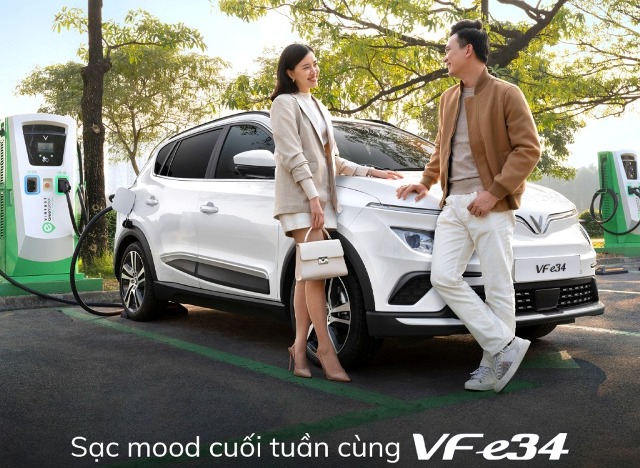India’s EV sector is poised for significant growth, driven by government policies and incentives. The IEA projects that by 2030, 1 in 8 vehicles sold will be electric, increasing to 1 in 3 when including two- and three-wheelers.
The government is drafting stricter CO2 standards (CAFE III and IV) and has launched the PM E-DRIVE and e-Bus Sewa schemes to boost EV adoption, focusing on buses and 2/3Ws. Despite limited subsidies for electric cars, incentives like reduced import duties, GST cuts, and production-linked schemes aim to foster domestic EV manufacturing and accelerate electrification across vehicle segments.
EV growth and government plans in India
EV Sales Projections:
According to the IEA, excluding two- and three-wheelers (2/3Ws), EVs are expected to account for 1 in 8 vehicle sales in India by 2030, up from less than 1 in 50 in 2024.
When 2/3Ws are included, the electrification rate is projected to increase to 1 in 3 vehicles sold by 2030.
Government Policy Initiatives:
The Indian government is drafting new CO2 emission standards under CAFE III (2027-2032) and CAFE IV (2033-2037), targeting WLTP CO2 emissions of 91.7 g/km and 70 g/km, respectively.
These standards will include a super-credit mechanism to incentivize electric vehicle sales.
Electric Bus Adoption:
The PM e-Bus Sewa-PSM Scheme, launched in October 2024, has a budget of INR 34.4 billion (USD 394 million) to deploy 38,000 electric buses.
Electric bus sales are projected to rise to 25 percent of total bus sales by 2030, up from less than 6 percent in 2024.
PM E-DRIVE Scheme:
Launched in October 2024, this scheme focuses on electric 2/3Ws, buses, trucks, and charging infrastructure, with a budget of USD 1.3 billion until March 2026.
The scheme excludes electric cars and emphasizes vehicles with higher electrification potential.
2/3W Segment Dominance:
The 2/3W segment is already the most electrified, with electric models accounting for nearly 10 percent of sales in 2024.
By 2030, electric 2/3Ws are expected to comprise over one-third of total sales.
Other Support Mechanisms:
Although there are no direct purchase subsidies for electric cars, other incentives include:
Vehicle scrapping policy (V-VMP).
Reduced GST and state-level taxes.
Production Linked Incentive scheme for EV and battery manufacturing.
The Scheme to Promote Manufacturing of Electric Passenger Cars, which reduces import duties on EVs from 70 percent/100 percent to 15 percent for manufacturers investing in India.
GreentechLead.com News Desk

